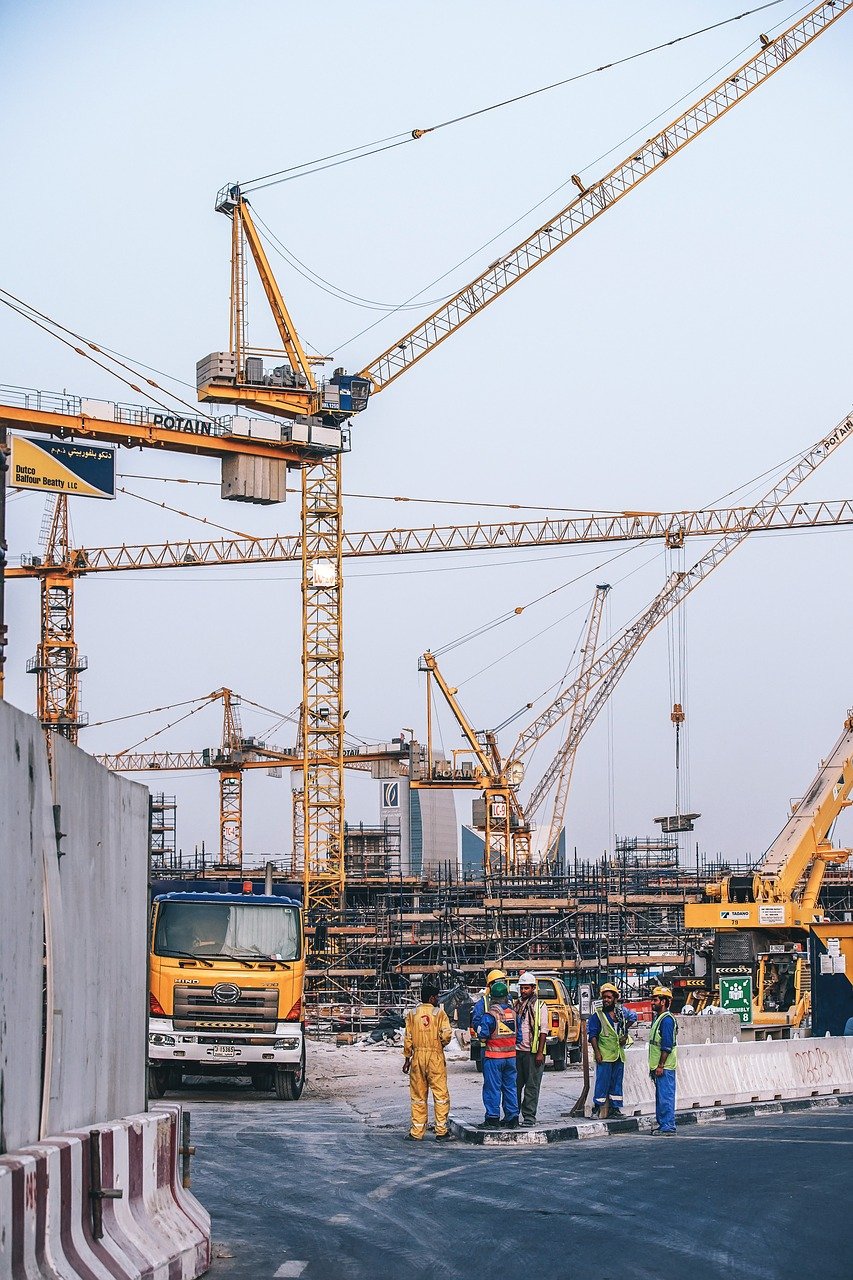Building Safety Bill and Implied Terms

Building Safety Bill and Implied Terms
The draft building safety bill was laid before Parliament on Monday 5 July 2021 and is intended to implement the majority of the fire safety recommendations set out in the Hackitt Report issued on completion of Phase 1 of the Grenfell Tower Inquiry.
Amongst other things, the Bill sets out provisions to establish a new building safety regime governing the design, construction and occupation of new multi-occupancy residential buildings that are over 18 meters in height. These buildings have been defined by the Bill as “higher-risk buildings”.
New Implied Terms
Additionally, under the new Bill, a number of new terms will be implied into all leases relating to a dwelling in a higher risk building. The implied terms will include;
- Where the landlord is an Accountable Person, an obligation on the landlord to comply with its building safety duties (i.e. to appoint a building safety manager, assessing and managing building safety risks, obtaining a building assessment certificate etc);
- An obligation on all leaseholders to allow the landlord or its agents, access to their dwelling on reasonable notice in order to vary out building safety works; and
- A requirement for the leaseholder to pay a service charge, which will impose a covenant on the leaseholder to pay a proportion of any building safety charges incurred by the landlord, where the lease relates to a higher risk building and has a term of more than 7 years. Under the Bill, the building safety charges will relate to the reasonable costs incurred by the Accountable Person in connection with carrying out and undertaking building safety measures. Such costs are expected to include legal fees, professional fees, fees payable to the Building Safety Regulator and management costs.
Parties will not be able to contract out of the implied terms.
Limitation on Service Charges
The Bill also proposes to place an obligation on landlords to explore other avenues for funding building safety works to avoid charging the leaseholder for these works via service charge. When undertaking building safety works, a landlord must take reasonable steps to ascertain whether;
- Any grant is payable in respect of the remediation works;
- Monies may be obtained from a third party in connection with the remediation works (e.g. by way of an insurance policy); or
- Other prescribed sources of funding are available.
Where any of the above options are available, the landlord is obliged to obtain such funding and the amount of the funding is to be offset against the cost of the building safety works so that any charges to the leaseholder can be reduced accordingly. This provision limiting the extent to which money for building safety works can be received by the landlord via service charge applies to all buildings, not just higher risk buildings.
Contact our Real Estate Dispute Resolution team today
If you would like to discuss any issue relating to this blog, please do not hesitate to contact a member of the Real Estate Dispute Resolution Team on 01895 207835 or 01895 207295, or email us at propertydisputes@ibblaw.co.uk
